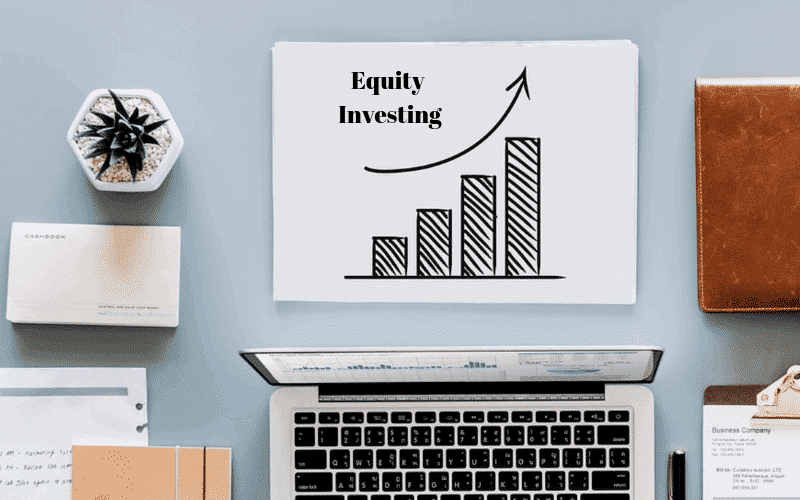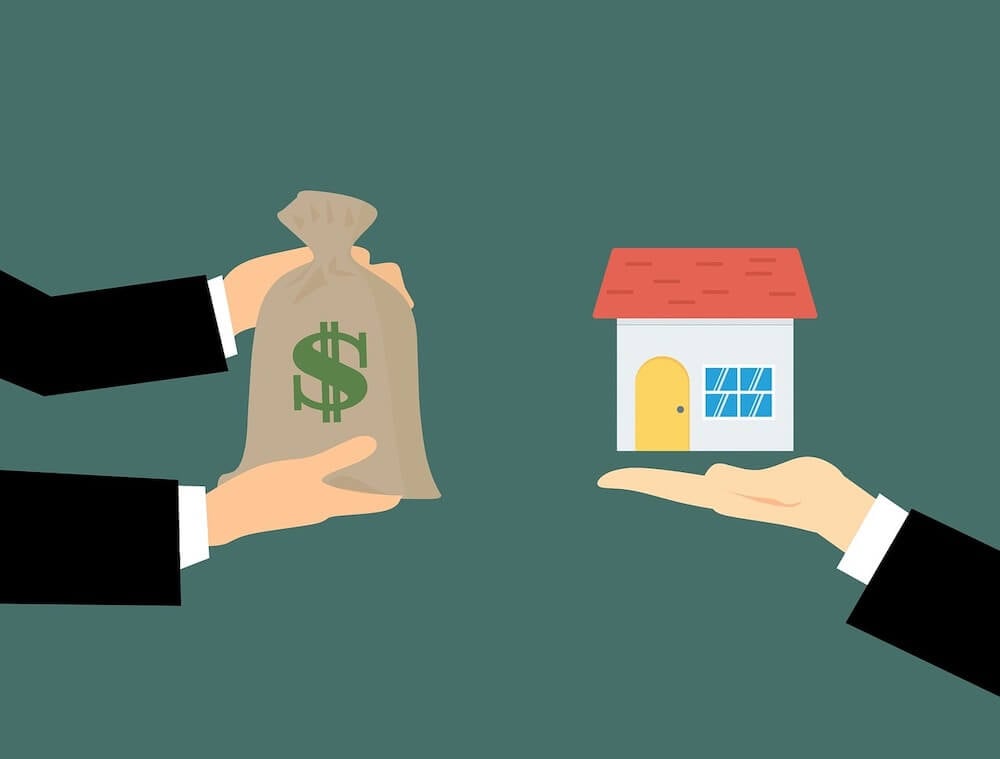Affiliate Links
A great way to diversify your cash is to potentially invest money in alternative investments.
Typically when you put your money to work, you’ll start with traditional investing like the stock market.
However, at some point you may be generating more income and you want to diversify your cash further.
But, should everyone consider alternative investments? Not necessarily, but you should familiarize yourself with what this means and what options you have.
Below you’ll learn what alternative investments are, why they might be a good choice for you, and what types of alternative investments exist.
Table of Contents
- What is an Alternative Investment?
- List of Alternative Investments: The Top Seven
- Additional Alternative Investments to Consider
- Why Alternative Investments Can Be A Good Choice
What is an Alternative Investment?
If you already are familiar with the alternative investment definition, then feel free to skip ahead. But, if this term is brand new to you then this section is for you!
Alternatives investments is anything you can’t invest in currently through traditional 401ks or the stock market. So anything that falls into stocks, bonds, and cash would not be considered alternative investments.
And many people as they increase their salaries and generate more income, look for other ways besides the stock market to invest. It’s a great way to diversify from the volatility of the markets and to find other avenues to build wealth.
However, as with any investing, be cautious with how much you invest in alternatives.
Start off small to limit your risks and diversify your alternative investments just like you would with stocks and bonds.
So, what are some of the best alternative investments to consider?
List of Alternative Investments: The Top Seven
Yes, this post is titled “12 of the Best Alternative Investments,” but these 7 are what I’d consider the most popular and common options. In the section after, I’ll briefly cover the ones that are not as common or popular.
1. Physical Real Estate
The most common alternative investment is investing in physical properties. The goal being to either rent or flip the properties to generate income.
However, it can often be very intimidating and time-consuming to know exactly what you are doing. But many millionaires were made through real estate investing.
I have virtually no experience in real estate investing, but I’d recommend this book if you are interested in learning: The Millionaire Real Estate Investor.
2. Real Estate Crowdfunding
Another option for real estate investing is to diversify your money in a crowdfunding platform.
These options have become really popular over the years and allow you to invest in properties without the hassle of physically owning or fixing properties.
Some platforms you’ll have to be an accredited investor to gain access, others you do not. But there are many options to choose from, here are three:
- DiversyFund – DiversyFund is an online platform that allows you to invest in commercial real estate funds with as little as $500. They are also the only no-fee platform! Learn more and sign-up here.
- Groundfloor – Groundfloor allows everyone to invest in real estate (single-family homes) with as little as $10 which is a great way to test the waters. One of my favorite platforms. Sign-up and get $10 towards your first investment.
- Fundrise – Fundrise is the first investment platform to create a simple, low-cost way for anyone to access real estate’s historically consistent, exceptional returns. They have various funds based on your investment strategy.
- Peerstreet – This one is only for accredited investors, but with PeerStreet you can curate your own portfolio of real estate loan investments or allow PeerStreet to do the work for you with automated Investing.
3. Fine Art
Investing in art has been around for awhile, but can be pretty difficult to get involved with.
Originally, you would either need millions to purchase well-known art, take a risk on up and comers and hope they gain traction, or be an accredited investor and pool money into an art fund.
So why should you consider investing in art? Well, art was the top performing asset class of 2018, beating gold, real estate, classic cars, and the S&P 500 according to the Wall Street Journal.
If investing in fine art does pique your interest, there is an alternative option.
Masterworks is the first investment platform for fine art, allowing investors to purchase interests (or shares) in a painting similar to the way investors purchase shares in public companies.
4. Peer-to-Peer Lending
Another alternative investment is peer-to-peer lending, also known as P2P. This investment allows you to loan money to another person.
And there are platforms that exist where you can do this and get returns on your money. This includes LendingClub and Prosper.
These platforms directly connects borrowers with investors, no need to go to a bank.
Results can vary with average returns in the 4-8% range, pending on the loan types and risks you take. But it could be a good place to test and diversify your investments.
5. Your Own Online Business
Another great alternative investment is starting your own online business. One of the best things you can do is to invest in yourself.
Of course, there is no guarantee of your business success. But if you have the entrepreneurial drive, it can pay you dividends for years.
Some low cost online businesses you can start include creating a Shopify e-commerce store, starting a blog, becoming a consultant, freelance writing, etc.
Look at what interests you, the current skills you have, and how you can make money in a specific market.
Interested in starting a Shopify business? It’s easier than you think. Get started and learn more with your free trial.
6. Commodities
A commodity is considered an economic good or service. So when it comes to investing in commodities, you’ll be looking at things like precious metals such as gold, silver, platinum.
And other commodities also include crude oil, natural gas, ethanol, corn, soybeans, wheat, cocoa, coffee, sugar, etc.
Many of these items can be bought in ETFs in your investing platform, you can physically buy precious metals, etc.
The Motley Fool has some good info about investing in commodities if it interests you more.
7. Cryptocurrency
I’ve actually never really talked about cryptocurrency on this site before, but it does belong in the top alternative investments. I personally never jumped into the hype, but that doesn’t mean there is no value.
Bitcoin, Ripple, Liteocoin, Ethereum, etc. are all digital currency that has swept the media headlines in the last 2-3 years. Although some of the hype has slowed down, it’s still alive and well.
There are no regulations currently and the volatility can be pretty wild, but I actually see this sticking around and improving in the years to come. If you do go this route, invest with caution.
I’d recommend reading more on Coinbase and using them to invest in any cryptocurrency.
Additional Alternative Investments to Consider
So above are the seven best alternative investment options you have. But if you want to go deeper, I’ve included five others that might intrigue you.
My information and knowledge on these are limited, so if you do consider any of these, definitely do your research!
8. Tax Liens
When a property owner fails to pay his or her taxes, the municipality in which the property is located can sell its tax lien — the right to foreclose on a property when the owner has failed to pay taxes.
Investors can buy the liens in an auction, paying the amount of taxes owed in return for the right to collect back that money, plus an interest payment from the property owner.
That might sound a little confusing, but there is a lot of good information online about these if they intrigue you.
9. Farmland
You could bucket this in real estate, but it’s a specialty that should be separated. I’ve never personally thought about investing in farmland, but it can be a good alternative investment.
Investors can make money from the value of land increasing over time or through rent payments of the property. There is also a platform that allows you to do this easier called AcreTrader.
10. Jewelry
Investing in jewelry is another option to consider, however this is not an easy choice. You have to know the market and other things to look for when jewelry is involved.
If it does interest you, I recommend this article.
11. Storage Units
Again, you could consider this under the real estate category, but investing in storage units is another alternative investment.
For those unsure of real estate and dealing with maintenance, renters, and other headaches, storage units can be a good choice.
Here’s an article that talks about investing in storage units further.
12. Stamps
I know, you might be thinking how is this still relevant? But it is still, if you invest in stamps that aren’t those collectible ones that people snag as a hobby.
There is a lot of information you can read up on about investing in stamps, here is one from Forbes analyzing stamp investments.
After reading a few articles, it doesn’t seem stamps are the best alternative option, but that’s for you to decide.
Why Alternative Investments Can Be A Good Choice
Anytime you are investing money, you should always understand the risks and benefits. And choosing alternative investments is no different.
Besides having your cash more diversified, here are some benefits to alternative investments:
- Potential for more tax-advantages or sheltered cash flows
- Protection of volatility in stock mark or elsewhere
- Access to different assets with higher return potentials
And there also comes the challenges with these investments too:
- Potential for negative tax consequences
- Can be more individual volatility with some
- The majority are invested in illiquid investments, making them difficult to exit and price on a regular basis.
What you decide is up to you, but remember to always do your research. I’d also warn to never put all your cash into just one option. Start slow and work your way up as you get familiar with your investments.
The alternative investments industry is growing and investing in various assets is becoming easier than ever. But, this does mean you need to take more caution as you explore opportunities.
What do you think of alternative investments? Are you investing in any now or potentially considering them soon? Let me know in the comments below.















